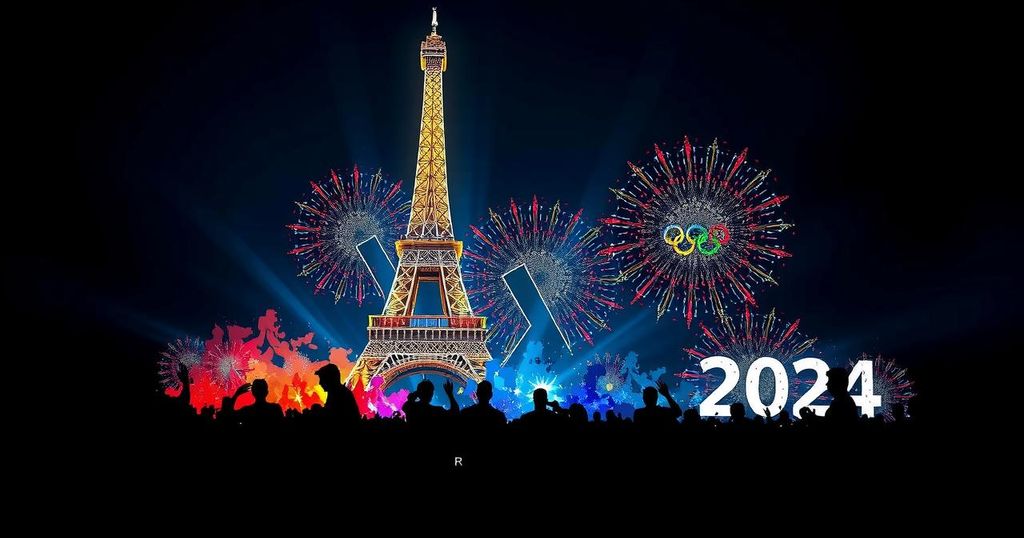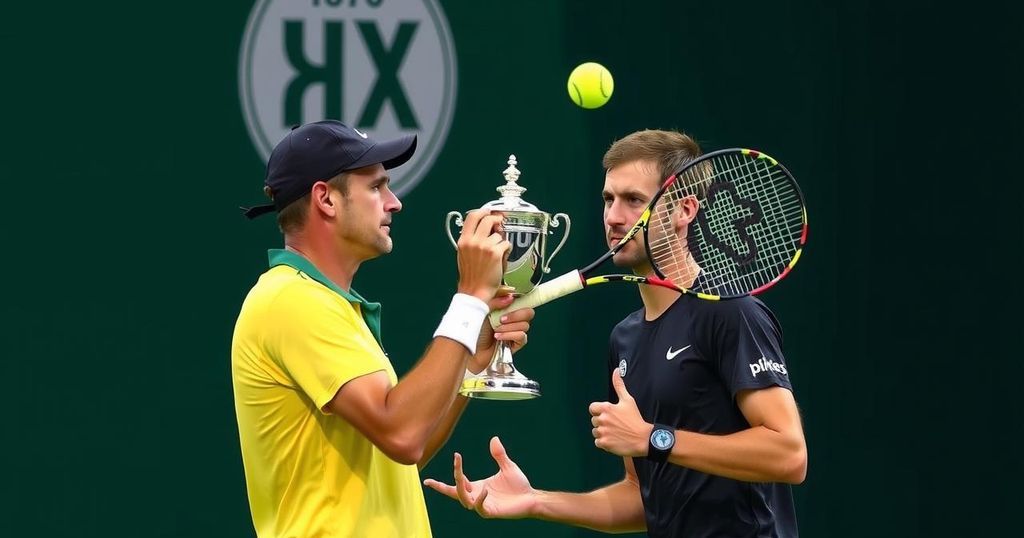Challenges and Aspirations at the Opening Ceremony of the Paris 2024 Olympics
On a morning filled with ominous clouds and disheartening news, anticipation loomed over Paris as the opening ceremony for the Paris 2024 Olympic Games, designated as “CER 1,” approached. Scheduled to commence at 7:30 PM on July 26, the ceremony was poised to make history by forsaking the traditional stadium format in favor of a remarkable six-kilometer parade along the Seine River, showcasing 8,700 elite athletes. However, the weather threatened to cast a shadow over the event, with heavy rain anticipated to complicate proceedings for the 85 boats and 326,000 spectators lined along the banks, all under the scrutiny of one billion television viewers worldwide.
Compounding the logistical issues of the Games, the Olympic spirit seemed to falter even in team sports that had kicked off two days prior. The men’s football tournament featured an unsettling debut on July 24 in Saint-Etienne, where Morocco triumphed over Argentina 2-1 in a tumultuous match marred by supporter clashes and played out to an empty stadium. Simultaneously, the French rugby sevens team struggled to secure victories, casting doubt on their potential success as the Games progressed.
As the weekend unfolded, a more alarming crisis emerged affecting Paris and the surrounding regions. With the summer travel season reaching its peak, concerns about the capacity of France’s transport system to accommodate the influx of visitors materialized. In an unprecedented act of sabotage, thousands of safety cables were deliberately ignited between 3 and 5 AM, resulting in the paralysis of three high-speed rail routes and affecting approximately 800,000 travelers. Railway CEO Jean-Pierre Farandou condemned the attacks, declaring them an affront to national integrity, asserting, “It is a piece of France, and it is the French who are being attacked.”
Authorities responded to the situation by downplaying the threat to the Olympic ceremony itself. Police prefect Laurent Nuñez characterized the sabotage as an act of “low-level criminality” and assigned additional personnel to assist confused travelers at affected stations. Meanwhile, Tony Estanguet, president of the Organizing Committee for the Olympic and Paralympic Games, expressed optimism in a radio address, emphasizing that the upcoming ceremony would serve as a significant uplifting moment for the nation that had recently endured an extended governmental absence. Caretaker interior minister Gérald Darmanin further remarked that the preparations for heightened security had been in place since the arrival of the Olympic flame in Marseille on May 8, indicating the comprehensive measures implemented to safeguard the Games.
In conclusion, although the inaugural day of the Paris 2024 Olympic Games faced substantial challenges from environmental, logistical, and security perspectives, the resilience and determination of the organizing bodies remained steadfast. As the event continued to unfold, the collective hope persisted for a successful celebration of sport and unity in the face of adversity, leaving an indelible mark on the storied history of the Olympic movement.








Post Comment